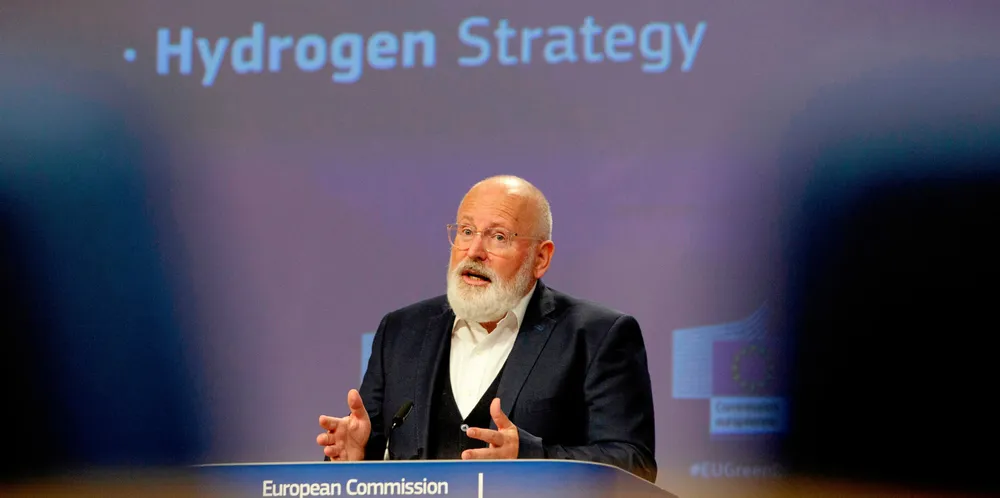EU grants for clean hydrogen | Shell, RWE and Air Liquide among winners from €1.8bn handout
Trio of H2 schemes in the Netherlands secure cash in second funding round, including two electrolyser projects totalling 600MW of capacity and one waste-to-hydrogen scheme
